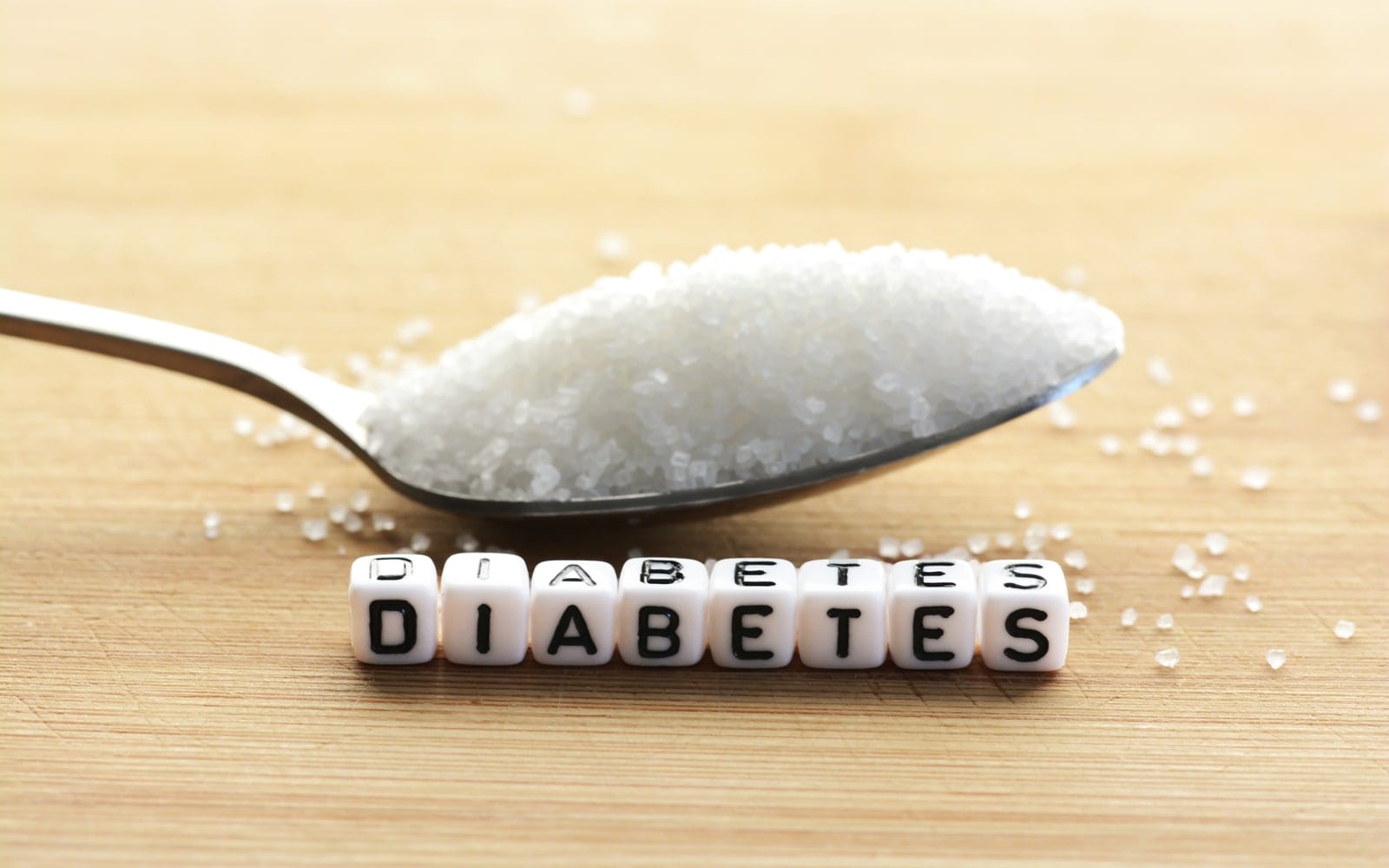Our oral health doesn’t exist in a vacuum; it’s integrated into every part of our overall health, affecting it and affected by it. This connection runs deep, with poor oral health resulting in an increased risk of conditions such as Alzheimer’s and cancer. Our oral health is also susceptible to complications caused by mental health concerns and medical concerns such as diabetes. In some cases, these connections are poorly understood, only being identifiable through correlation. Diabetes isn’t one of those, however. The connection between diabetes and oral health concerns are well known and understood.
How Diabetes Enhances Your risk of Oral Health Problems
Diabetes is a concern that is chronic in nature and is experienced by a growing number of Americans each year. This condition affects our body’s ability to control the levels of blood sugar is impaired, often resulting in excessive amounts of blood sugar being present. This prevalence of blood sugar impairs the body’s white blood cells and thus makes defending against diseases like periodontitis more difficult. This is just the opening gun of the problems diabetes causes for our oral health, however. Other considerations include:
- Dry Mouth – When not controlled, it’s possible for diabetes to impair the flow of saliva. The resulting condition, known as dry mouth, can cause numerous oral health problems. Saliva is one of our main lines of defense against bacteria that cause decay and gingivitis. Ulcers, infections, and soreness can also result.
- Gingivitis – In addition to the compromising of the immune system, diabetes can also cause the blood vessels to become thicker. This impacts the number of nutrients that can be brought to the gums and how quickly waste can be removed. This can result in greater difficulty fighting infection in those areas.
- Slowed Healing – People with diabetes tend to heal slower due to the impact of low blood flow; this makes recovering from oral treatments more difficult.
- Thrush – Antibiotics are a common part of a diabetic’s life due to their impaired immune systems. This often leads to the development of thrush, an oral yeast infection that thrives on the heightened levels of sugar found in diabetic saliva. Dentures are another common source of thrush.
These are the common problems faced by those who are living with diabetes. Controlling diabetes can make these conditions easier to avoid, but they remain a possibility regardless. If you have diabetes, be sure to speak to your dentist and physician about your oral health concerns.
How Do I Avoid Oral Health Problems With Diabetes?
It should come as little surprise that the first answer to this question is “maintain a regular oral hygiene routine.” This means twice a day brushing, flossing, and using mouthwash consistently. Coordination between your dentist and your physician can also be important when considering treatment for periodontal disease. You may be directed to take antibiotics before the treatment, which may also lead to needing to change your timing for eating or insulin injection. If you have more questions about diabetes and oral health, contact your dentist for an appointment today.



